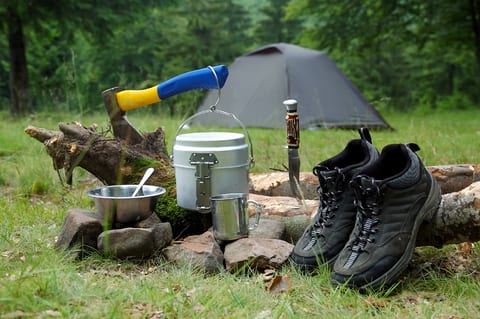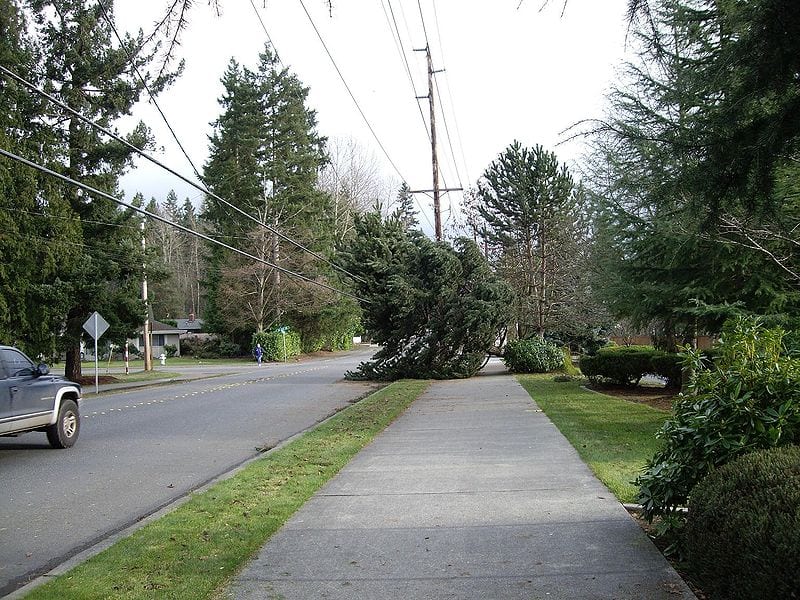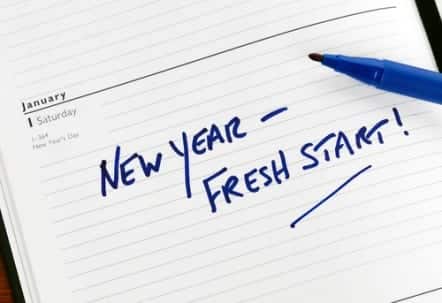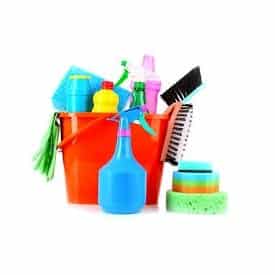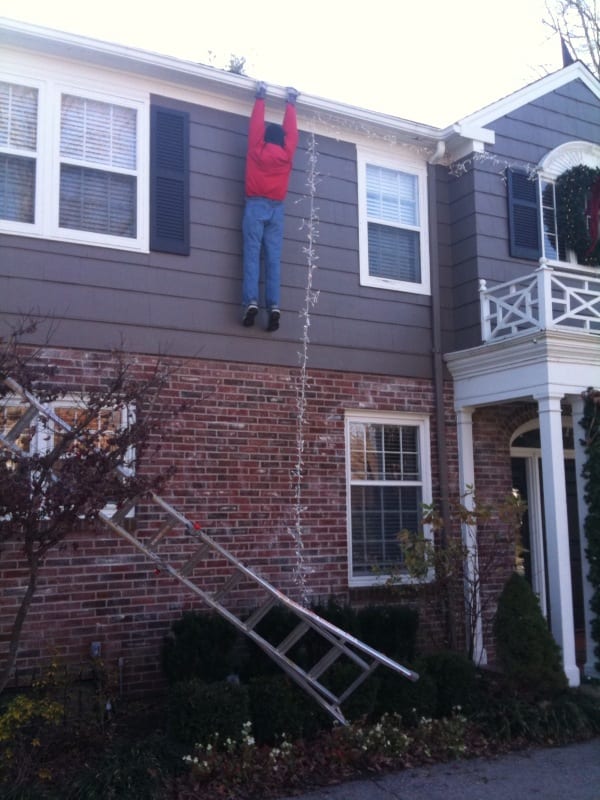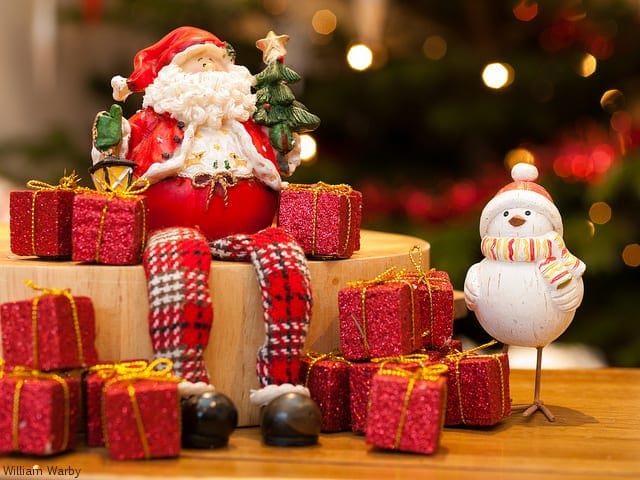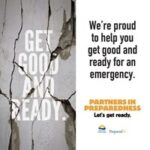Your Quick Camping Survival Guide (Part 3: Mental Preparedness)

By definition, “roughing it” isn’t luxurious, or nearly as comfortable as being at home. But that doesn’t mean you need to be afraid. Instead, make yourself aware of the factors that will increase your fear, and think through them ahead of time. It’s difficult to prepare for fear, but if you’ve given yourself opportunities to experience survival camping before, then if you get caught in a real-life, unplanned wilderness situation, you’ll know what to expect.
You can thus banish the unknown, and isn’t the unknown one of the greatest fears of all?
Below is a list of some unpleasant feelings that you should be aware of:
- Boredom & Loneliness: If you are experiencing your emergency alone, it’s best to think up routines, activities and games that you can play with yourself. Boredom and solitude has the potential to dull your mind, putting you at greater risk of danger, so don’t delay and use what nature has provided to get creative! Routine and activities will keep your mind sharp!
- Fatigue: Remember that being overtired will lower your mental ability, so do whatever you can to force yourself to sleep. Assume that you won’t be rescued for a while, so you need your rest now.
- Hunger: Hunger can be dangerous, if it’s extreme. It can increase your susceptibility to the effects of cold, pain and fear. In order to avoid this, get to know the wild edibles in your region and perhaps practice functional fasting.
- Thirst: Thirst should never be ignored, and cannot be overcome with mental fortitude. Bringing a water bottle with you everywhere is not a bad idea! If you get caught without water, ensure that finding a clean source of water is your very first priority! Keep that foremost in your mind. And of course, remember that water access doesn’t necessarily mean you need to carry around anything heavier than a LifeStraw, as long as you can find a stream!
- Cold: Experiencing cold can be uncomfortable at the best of times and fatal at the worst of times. In extreme situations, the cold may try to persuade you to curl up and fall asleep but that’s the last thing you want to do. Instead, keep on moving to stay alive. If you need to sleep, you’ll need to build a warm enough shelter first, but more on that in next week’s post!
- Acute Pain: Force yourself to recognize when you are hurt and deal with it, even if you are panicking and numb to the pain at first. You will thank yourself later.
Of course, no matter how mentally prepared you are, it’s best if you have the basic emergency supplies with you. So don’t hesitate to buy yourself a starter survival kit and build from there!
If you’d like to learn more about wilderness survival, check out this guide or return to our blog soon to read about more survival skills!
Article contributed by Sophie Wooding – Avid gardener and cyclist in Victoria, BC and Content Writer for Frontier.io


